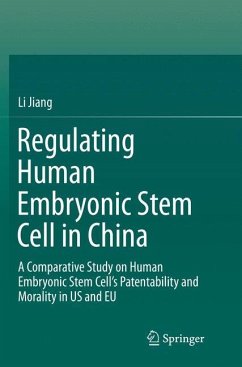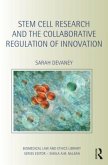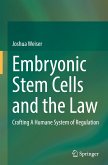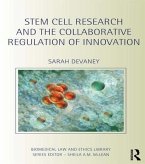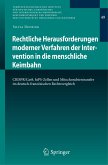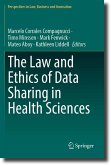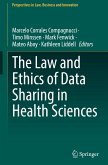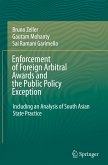The general scope of the book is the patentability and morality of human embryonic stem cell research in US, EU and China. The book observes fraudsters operate unsafe human embryonic stem cell therapies and officialdom turns a blind eye to the immoral human embryonic stem cell research in China. The book highlights that both patent control and federal funding control are inefficient and ineffective way to monitoring human embryonic stem cell research. The book finally proposed an approach for china to regulating human embryonic stem cell research-regulating research itself at the reconciled international regime.
The potential reader includes academics and practitioners dealing with intellectual property, patent law and stem cell inventions. The topic discussed will also be interesting to a broad readership, including experts, regulators, policy makers and medical researchers in both ethical and legal disciplines in the field of embryonicstem cell research.
The potential reader includes academics and practitioners dealing with intellectual property, patent law and stem cell inventions. The topic discussed will also be interesting to a broad readership, including experts, regulators, policy makers and medical researchers in both ethical and legal disciplines in the field of embryonicstem cell research.

